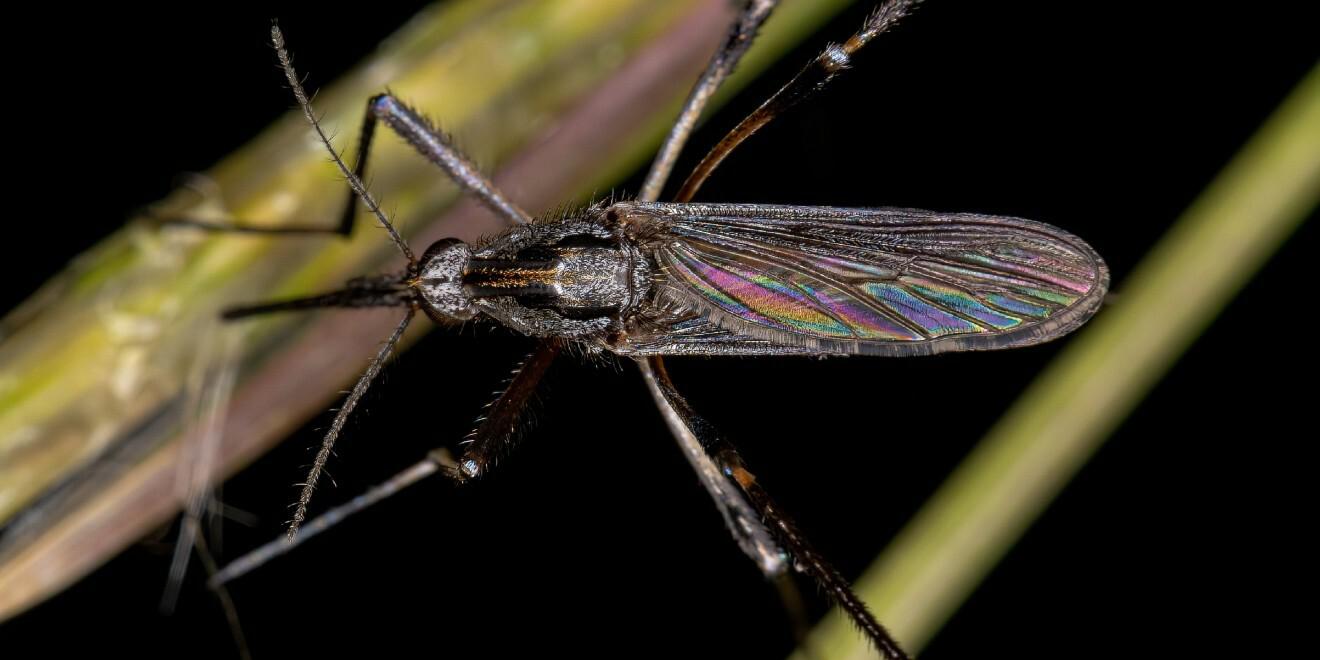Lone Star Ticks: The New Tick on The Block
Posted by Mosquito Squad
December 20, 2023
Here in the North Shore of Massachusetts, we are pretty well versed in the dangers brought by deer ticks & wood ticks. Most of us know how to avoid ticks and are pretty comfortable (although still grossed out) with pulling ticks off of ourselves and our dogs. Unfortunately, there is a new tick threat in town that we need to become more familiar with. The Lone Star tick has migrated from its native Texas all the way up to the east coast, including Massachusetts. With the Lone Star tick comes new dangers.
WHAT IS A LONE STAR TICK?
The Lone Star tick is a hard-bodied tick like the deer tick. They look quite a bit different than deer ticks. Not only are they slightly bigger and brown, but the female has a white mark in the center of her back making it very distinct. The males brown bodies feature white spots around the edges.
TickEncounter Resource Center reports that Lone Star ticks are mostly found in woodlands and dense underbrush. They also hang out near animal resting areas. Lone Star ticks are known to be aggressive human biters. It is said that they attack in swarms and can travel three times faster than the deer tick, making them quite dangerous regarding spreading disease if they are infected.
WHAT TICK-BORNE DISEASE CAN LONE STAR TICKS TRANSMIT?
While they do NOT carry and transmit Lyme disease, Lone Star ticks carry dangerous diseases of a different variety. Nymph and adult Lone Star ticks can carry Ehrlichiosis, Rocky Mountain Spotted Fever (RMSF), Tularemia, and Southern tick-associated rash illness (STARI.) Disease spread by Lone Star ticks are not just dangerous to humans but can be dangerous and deadly for our dogs.
Area veterinarians see a spike in RMSF in dogs due to the onslaught of Lone Star ticks in the area. RMSF can be fatal to dogs if left untreated, making tick control the best way to keep your family and pets safe. Be sure to follow your veterinarian’s advice for topical tick control for your pets.















